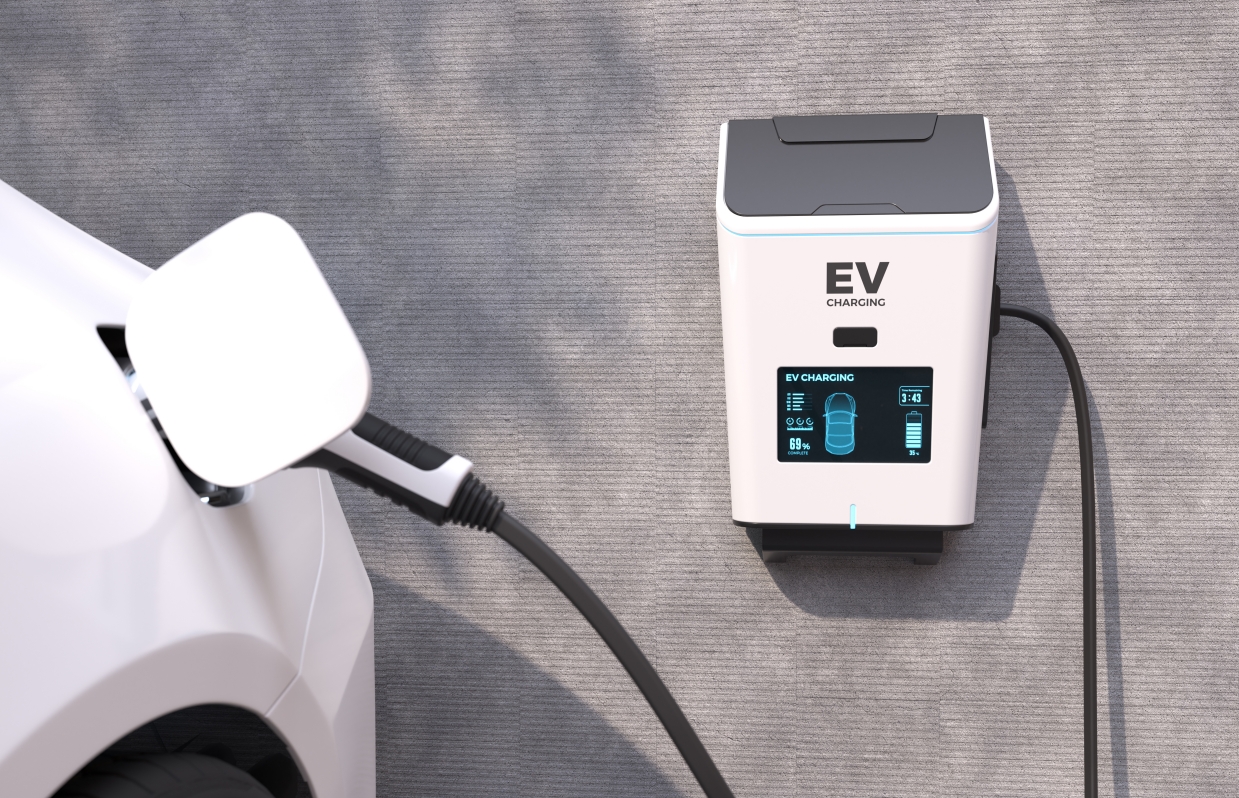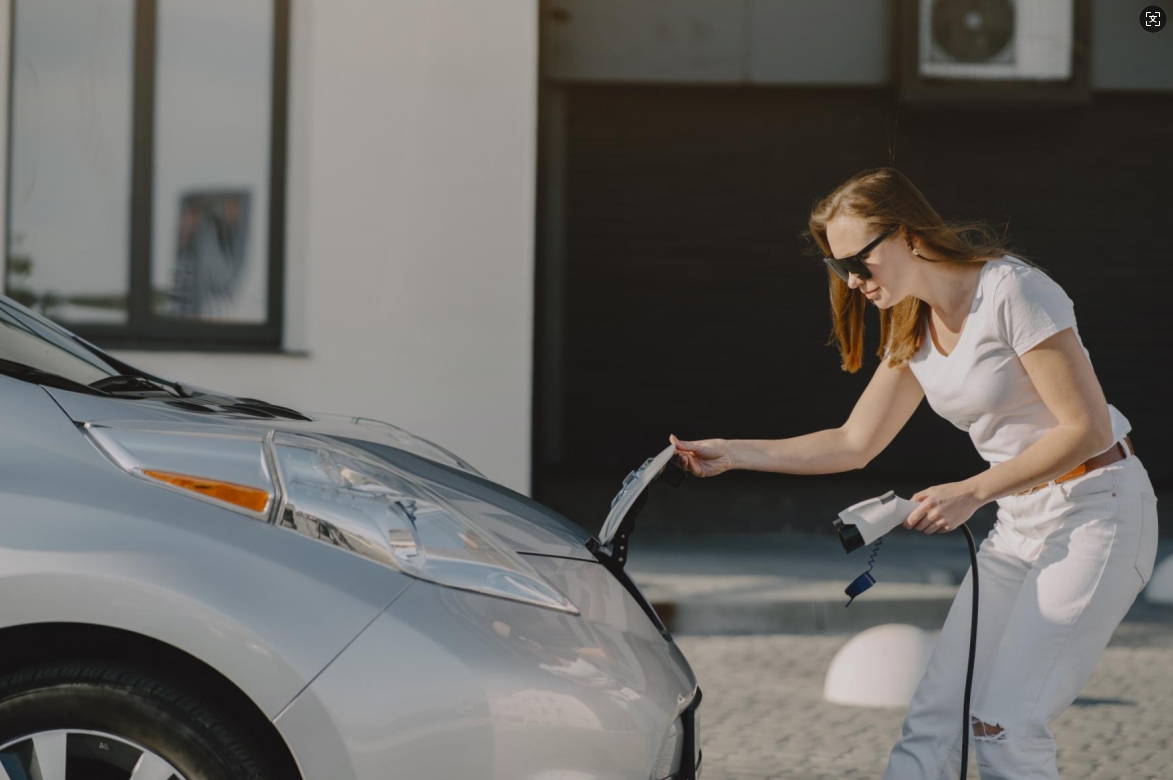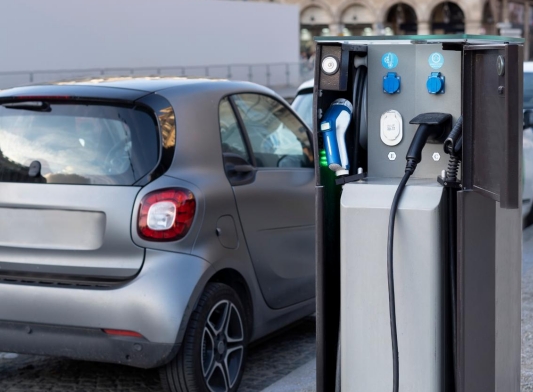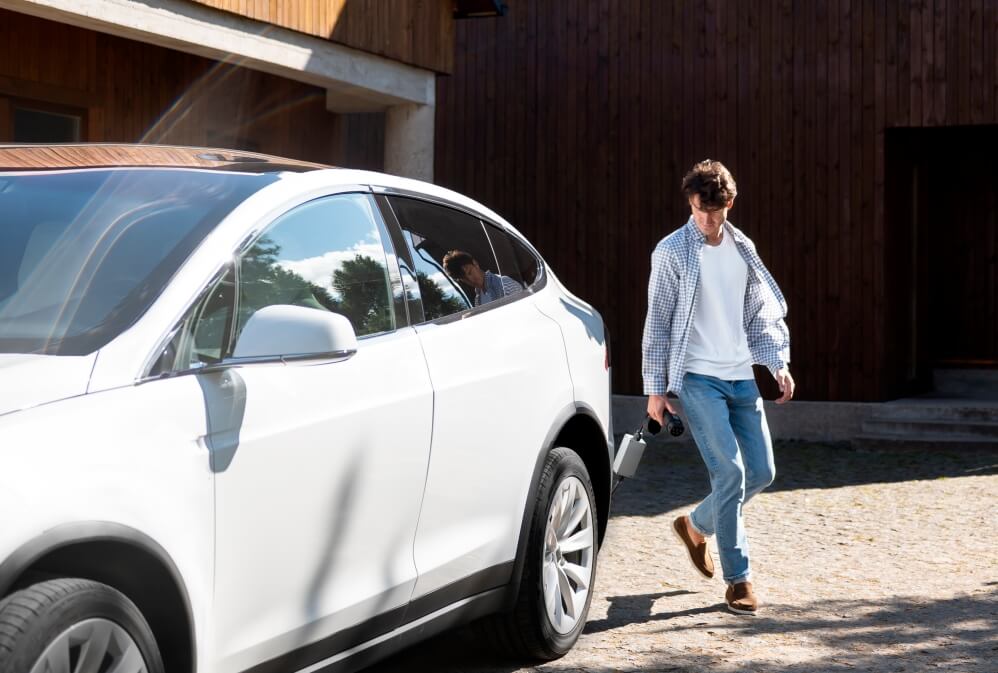The Cost of Installing an EV Charger at Home
As electric vehicles (EVs) become increasingly popular, more and more homeowners are considering installing EV chargers at home. This not only provides convenience but also helps to maximize the efficiency of EV usage. However, understanding the costs involved in installing an EV charger is essential for making an informed decision.

Types of EV Chargers and Their Costs
There are generally two types of EV chargers suitable for home use: Level 1 and Level 2 chargers.
- Level 1 Chargers: These are the most basic and affordable options. They use a standard 120-volt household outlet and typically come with the vehicle. The cost for a Level 1 charger is around $80 to $180 for the unit itself, and installation costs can range from $0 (if using an existing outlet) to $400 if an electrician is needed. However, Level 1 chargers are quite slow, adding only about 3 to 5 miles of range per hour.
- Level 2 Chargers: These are more powerful and faster, using a 240-volt circuit similar to what a clothes dryer uses. The cost of a Level 2 charger ranges from $300 to $1,200, depending on the brand and features. Installation costs for Level 2 chargers can vary widely, from $500 to $2,000 or more, depending on factors such as the distance from the electrical panel and any necessary upgrades. On average, the total cost for purchasing and installing a Level 2 charger ranges from $1,000 to $2,500.
Factors Affecting Installation Costs
Several factors can influence the total cost of installing an EV charger at home:
1. Electrical Panel Capacity: If your home's electrical panel is not capable of handling the additional load of an EV charger, you may need to upgrade it. This can add several hundred to several thousand dollars to the project.
2. Distance from the Electrical Panel: The further the charger is from the electrical panel, the more conduit and wiring will be needed, increasing the cost.
3. Labor Costs: Hiring a licensed electrician is crucial for safety and compliance. Labor costs can range from $400 to $1,700 for Level 2 chargers, depending on the complexity of the installation.
4. Permits and Inspections: In many areas, permits and inspections are required for electrical work. These can add $50 to $500 to the overall cost.
5. Charger Type and Brand: The type of charger you choose (plugged-in vs. hardwired) and the brand can also affect the cost. For example, hardwired chargers are generally less expensive to install than plugged-in ones.
Ways to Save on Installation Costs
While the upfront costs of installing an EV charger may seem high, there are several ways to reduce expenses:
1. Federal and State Incentives: The IRS offers a 30% tax credit (up to $1,000) for EV charger installations. Additionally, many states and local governments provide rebates ranging from $200 to $1,500. Utility companies may also offer rebates for home charging stations.
2. DIY Installation: Some EV owners attempt DIY installations to save money. However, this comes with risks such as incorrect wiring, code violations, and voiding the warranty. It is generally recommended to hire a professional to ensure safety and compliance.
Conclusion
Installing an EV charger at home is a significant investment that offers long-term benefits in terms of convenience and efficiency. While the costs can vary widely depending on the type of charger, electrical requirements, and labor, available incentives can significantly reduce the overall expenses. On average, homeowners can expect to pay between $1,000 and $2,500 for a Level 2 charger installation. By carefully considering the factors that affect installation costs and taking advantage of available incentives, you can make the process more affordable and enjoyable.
Last Updated on May 20, 2025 by tayniu



